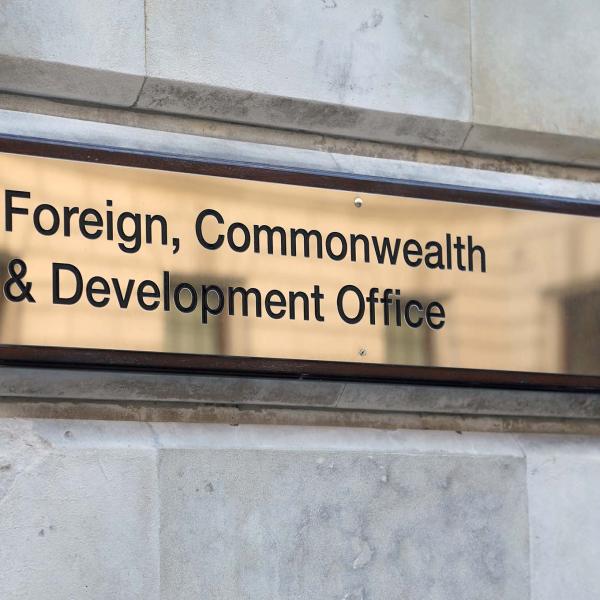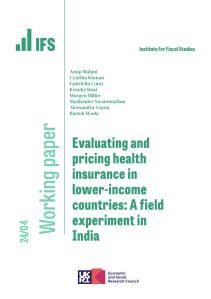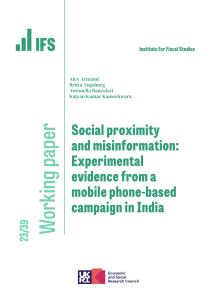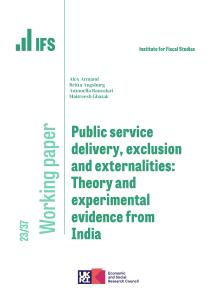This brief addresses the fiscal response to the coronavirus pandemic, arguing that governments could make use of the opportunities this shock provides to make changes to tax systems now that might be politically difficult later. The brief suggests five tax policy strategies that could help mitigate revenue losses in the short term and build more effective tax systems for the future:
- Taxing pockets of wealth and levying solidarity payments – efforts to tax the rich need to be stepped up, and companies receiving windfalls from the crisis could contribute more now to help pay for the response.
- Benefiting from low oil prices and environmental taxation – carbon pricing needs to capture the wider costs of climate change; a step towards this might be to use the low oil price to introduce or increase fuel taxes to generate revenue and lock in revenue increases for the future.
- Expanding voluntary compliance through incentives – with limited resources for enforcement and taxpayers coming forward for help, information could be collected on a voluntary basis that would help manage compliance in future.
- Cutting wasteful spending through the tax system – tax expenditures often lack transparency, are poorly targeted and inequitable and they are also difficult to remove; current sentiments of solidarity may provide the momentum to start rationalising tax expenditures.
- Ensuring businesses that get support now contribute more in future – countries in a position to offer assistance to struggling businesses may consider a quid pro quo approach to aid recovery.











